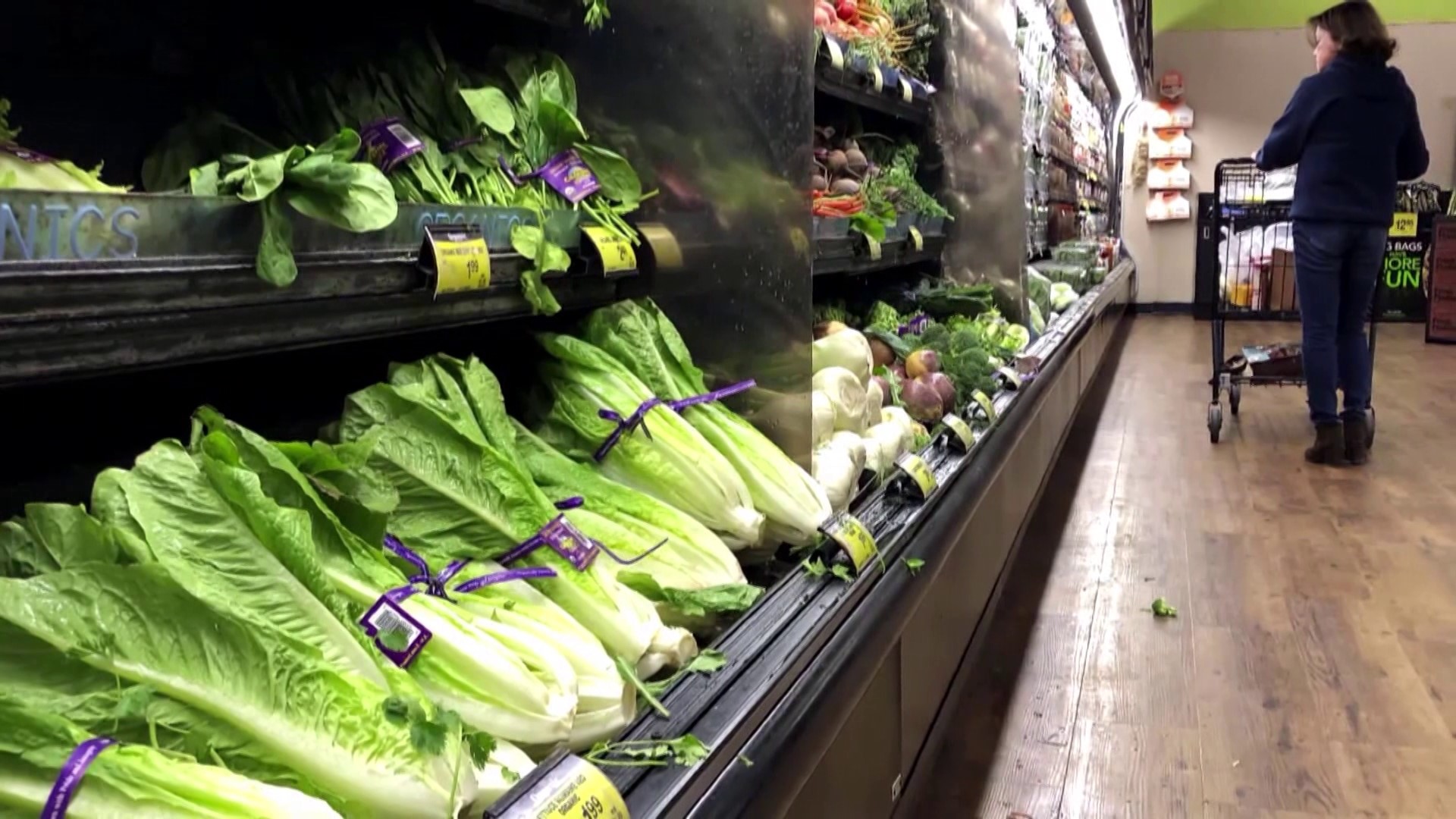ARKANSAS, USA — If you've watched Poisoned: The Dirty Truth About Your Food on Netflix, then you'll recognize Bill Marler, a food safety lawyer.
His clients include children and adults severely sickened from foodborne illnesses such as E. coli. One of those clients is Camille Honey, a college sophomore with a scholarship who missed the first few weeks of classes at the University of Arkansas after she was hospitalized during an August E. coli outbreak in Fayetteville.
The outbreak in Fayetteville made national news for a moment, as health department investigators continue to try to narrow down the source of it.
The issue exposes a larger problem within America's food supply chain.
Bill Marler says E. coli contamination typically happens right at the source: on the farm.
“The way this pathogen gets onto leafy greens is usually by water,” he explained. “So the water is contaminated, and then it's used to irrigate these fields."
He says it's caused by cross-contamination. This could happen through water contaminated by cow droppings sprayed onto a produce farm, or animals walking through the fields.
Marler adds that it doesn't matter if you're washing the produce or buying it already triple-washed.
“Once that pathogen gets on to the leafy green, it's really hard to get off,” he explained. “And the other thing you have to remember is that 50 bacterium are enough to kill you, and 100,000 of them would fit on the head of a pin.”
That's because those pieces of lettuce in the bag could be from hundreds of different lettuce heads.
Marler adds that products like lettuce, fresh fruits, and vegetables do not go through a "kill step" like cooking which would kill bacteria.
“So consumers really rely on farmers and processors to make sure that the product doesn't become contaminated with E. coli somewhere in the system,” Marler said.
Marler advocated for change in the '90s after hundreds of people became sick and four children died from contaminated and undercooked burgers at a fast food restaurant.
After that massive E. coli outbreak, regulations have been put in place to help prevent future ones from happening with beef.
Marler says it's absolutely possible to create similar rules with produce by testing the water used on farms for E. coli.
“Tests are very cheap, and they're getting cheaper, as technology advances,” he said. “If a farmer is comfortable in knowing their water supply is likely not contaminated, for example, if they're using potable water for the city, the city tests their water. If it's irrigation water, a lot of big operations and small operations are doing random testing. And it's also very cheap insurance to make sure you're not producing products that are going to sicken and kill your consumer.”
Congress would need to create regulations for the FDA and the USDA to follow.
“Right now, the government is not allowed to go on to that farm to test the animals to test the animal feces, even following an outbreak,” Marler tells us. He says a lot of outbreaks stop “at the fence where the farm is.”
Marler says lobbyists for the food industry sometimes dissuade Congress from creating new laws. He points out that many times when the government claims not to know how an outbreak started those “in like the leafy green industry, everyone in science, everyone understands exactly what happened.”
But for farmers, regulations like these aren't just a bunch of red tape. It means they're spending money to test for pathogens, and if there's a problem, they might lose a significant amount of money if they have to throw away a lot of product.
Marler says he understands their arguments, but he believes it's still less expensive than if those farmers are sued for millions after a contamination sickens Americans.
“They're not doing the kind of job that I think consumers feel like they should be doing,” Marler emphasized.
So if you like leafy greens, what's a safer way to have them?
Marler says it's better to buy a single head of lettuce versus a mixed bag of it.
Then, rinse it under cold water.
He says the probability of E. coli existing on a single head of lettuce is lower than the chopped-up pieces in a bag or container.
Water from your faucet won't rinse away E. coli, but Marler says you should still be rinsing your vegetables.
We reached out to Arkansas Senators John Boozman and Tom Cotton, along with Representative Steve Womack from the third district, asking if they are aware of the issue with E. coli in produce and if they believe there should or shouldn't be regulations around it, just like there are for beef.
After emailing all the press offices, only one got back to us.
The press office for Sen. Boozman sent a statement saying that he voted to advance an appropriations bill that bolsters food safety.
However, the bill the spokesperson cited does not mention any safeguards against E. coli contamination in produce, which is what we had asked about.
Meanwhile, the FDA did not want to comment.
Watch 5NEWS on YouTube.
Download the 5NEWS app on your smartphone:
Stream 5NEWS 24/7 on the 5+ app: How to watch the 5+ app on your streaming device
To report a typo or grammatical error, please email KFSMDigitalTeam@tegna.com and detail which story you're referring to.

